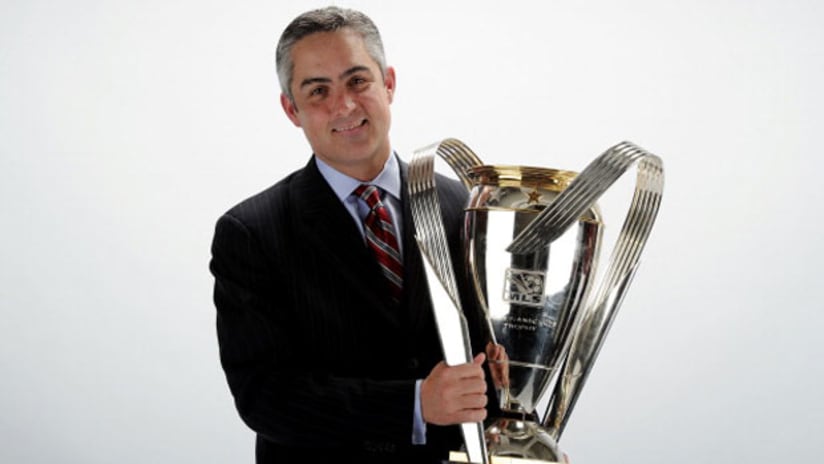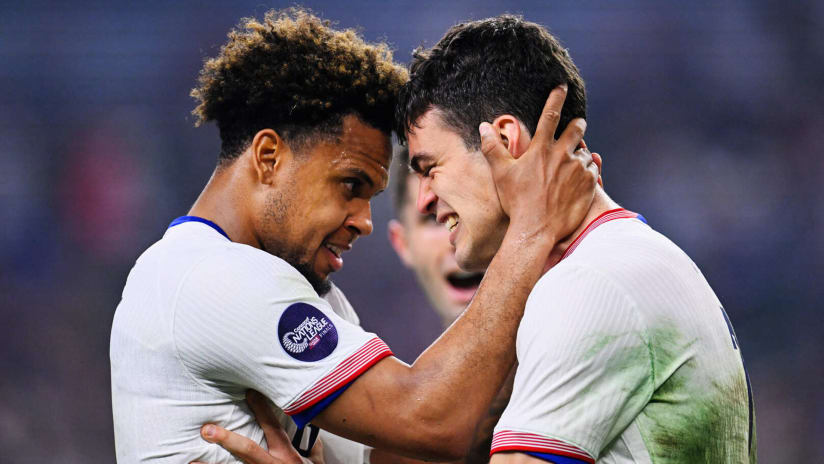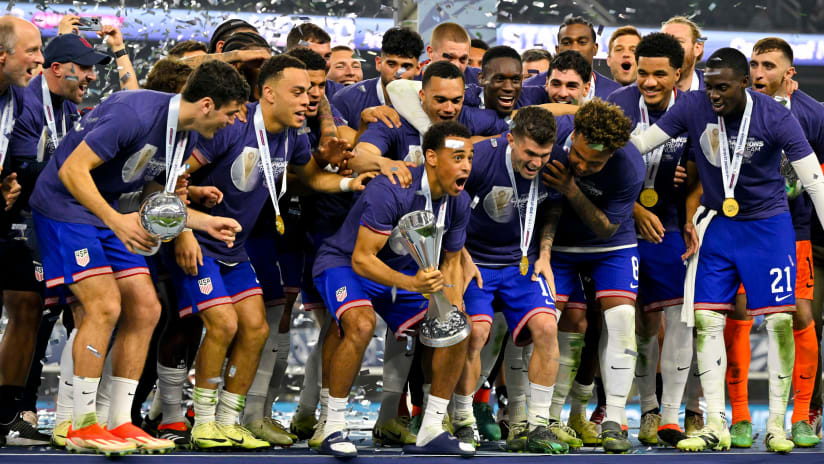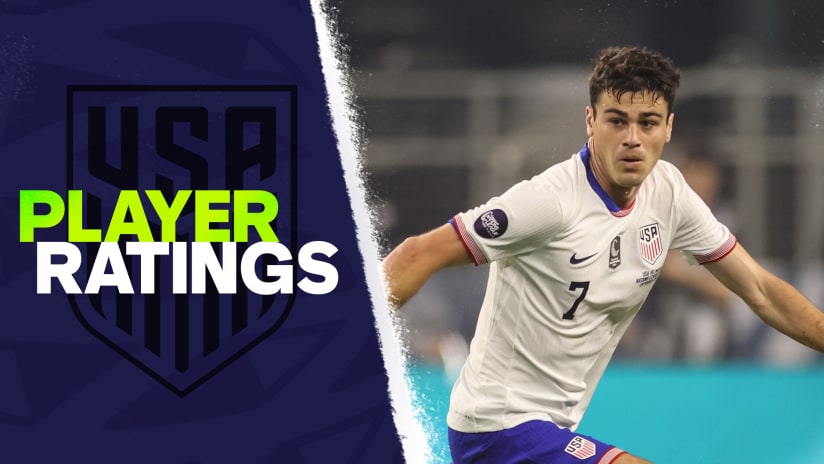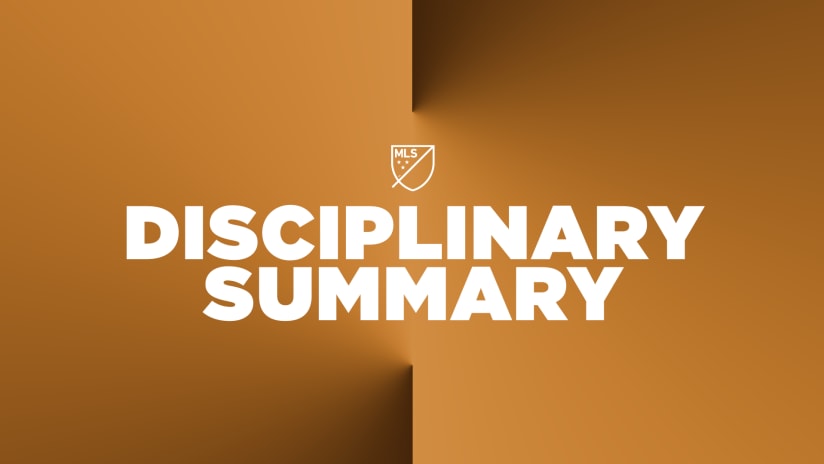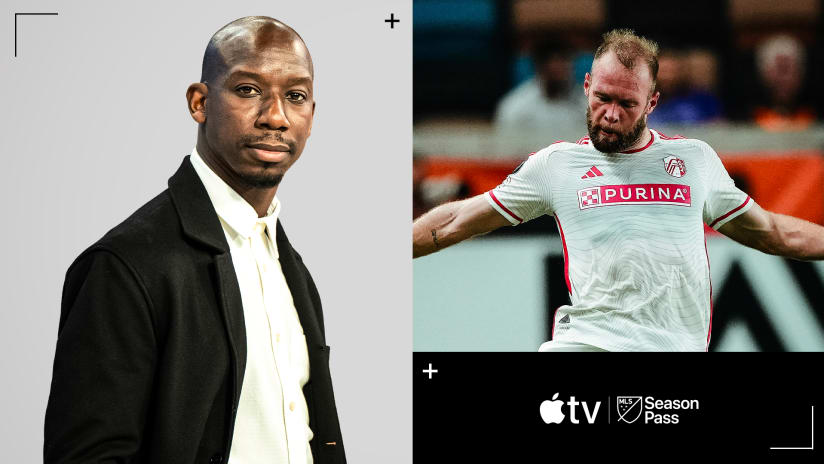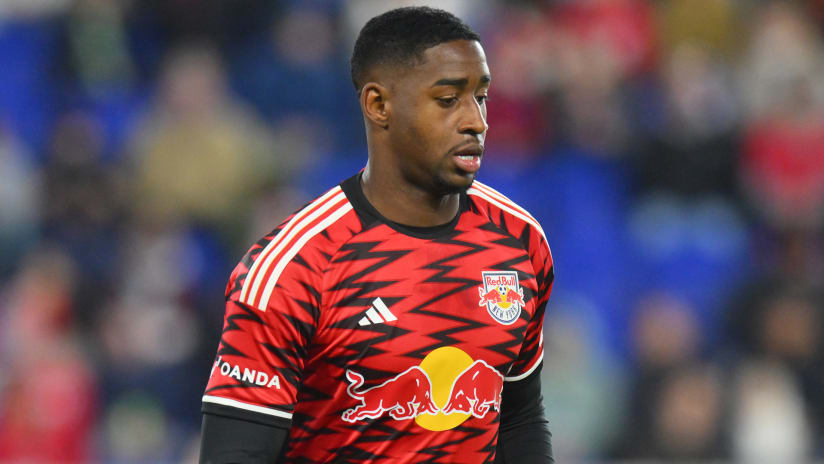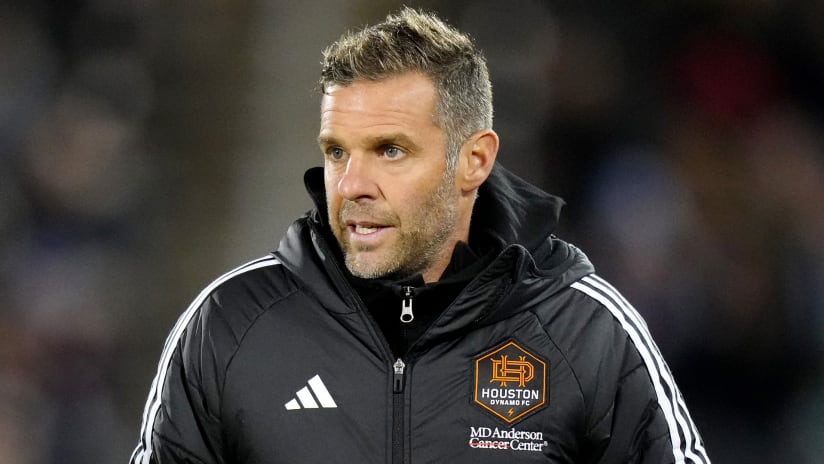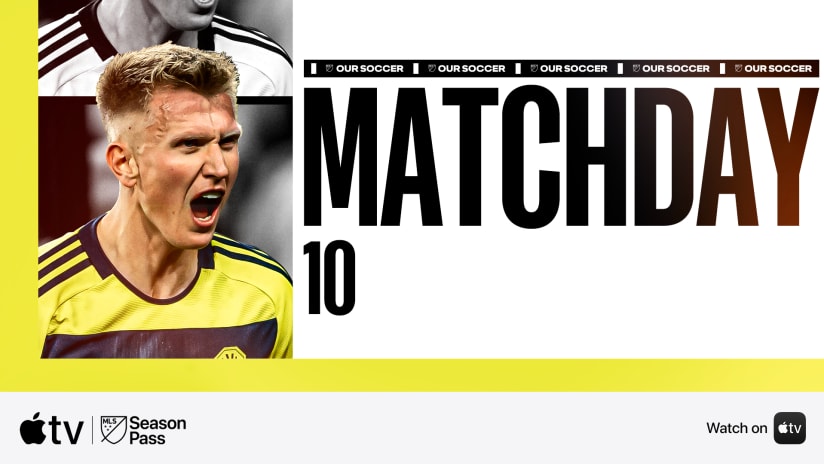Want to hear from some of the notable names around the league? MLSsoccer.com contributing editor Alicia Rodriguez spends 10 minutes talking to some of the big names in North American soccer.
Jeff Plush is the commissioner of the National Women's Soccer League (NWSL). A former executive with the Colorado Rapids and Major League Soccer, Plush is in his first year running the first division of women's soccer in the US. On the heels of the FIFA Women's World Cup, won by the US national team, Plush discussed the excitement of the USWNT's title run, possible expansion in the future and the role of NWSL players on and off the field.
RODRIGUEZ: First, I imagine the US winning the World Cup with 22 players from the NWSL (plus Abby Wambach) was the preferred outcome from the league’s perspective. Is that the case, and what do you think a US World Cup win can do for the league?
PLUSH: Certainly it was very exciting for us and the league office in Soccer House with the U.S. Soccer Federation; it made for a very fun place to work [Monday] morning. As important a part of this, though, is that 53 players played across 10 different countries in this World Cup, so while the US are the champions and the main story, we have lots of other storylines, and I think that bodes well for our future.
RODRIGUEZ: Do you have anything special planned to take advantage of the surge of interest in women’s soccer or will it be a matter of continuing to feature the games themselves?
PLUSH
: I think it’s both. Certainly, we’re going to take advantage of the opportunity to promote our marquee players and the players who were stars before this World Cup and some of the new ones that were developed in the last 30 days.
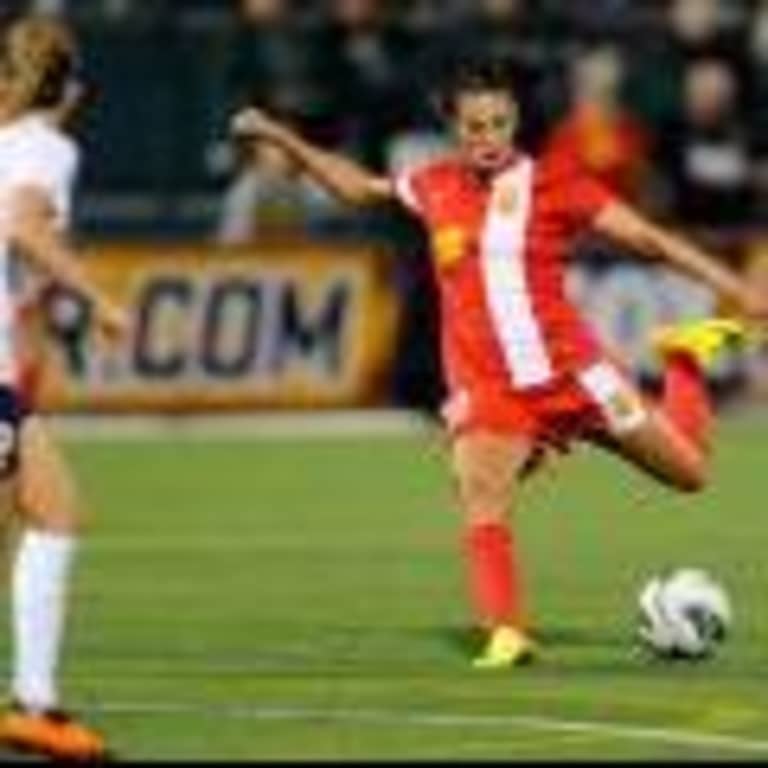
But [another] part of it is simply continuing to work really hard doing the job and the task at hand. I think what most people know around soccer is that it doesn’t happen overnight, it takes a lot of hard work and heavy lifting, and MLS has proved that over 20 years. We’re only in our third year, but I think we can take a lot of learning from what we’ve experienced with MLS since 1996, use some of those best practices, and make sure we come to work, work hard every day, and try to make a difference.
RODRIGUEZ: You’re in your first year as commissioner of the NWSL. How has the experience been for you so far, and have you encountered any surprises on the job?
PLUSH: I wouldn’t say surprises. It’s been exciting – almost a whirlwind, just six months on the job – to have both the responsibility, but also the opportunity, to go out and visit each of the clubs, visit each of the markets and stadiums, as well as move my family and participate in some of the World Cup excitement. So it’s been a whirlwind six months. I think the surprise has been a very positive surprise: the level of interest from an expansion point of view, and a level of interest from further international stars wanting to play in our league.
I think we’ve seen this on the men’s side and on the MLS side as well. Players around the world are excited about the prospect of playing and working and living in the United States. So that’s a great calling card for our league that we will continue to build upon after this success.
- Check out more coverage of the NWSL at NWSLsoccer.com
RODRIGUEZ: I’d be remiss if I didn’t ask about NWSL expansion. Is the league looking to increase the numbers of teams and, if so, are there any particular cities that are being identified?
PLUSH: We’ve had a lot of dialogue [on expansion]. As I look over my board here in my office, over a dozen different cities that we’re in some stage of conversation with, far past introductory [talks]. Many are MLS clubs, some aren’t.
I think we take the approach to expansion similar to any other league. I think it all starts with great ownership in the kind of place that we want to expand to. Geography is important, but it’s not the most important piece of the strategy. The venue is a very important piece, and we [want to] make sure we have good ownership and a good venue to play in. People that are passionate and committed to the long term of the sport [are necessary]. It’s not going to happen overnight. We have to build local businesses strong to make it a really strong national league.
Hopefully we’ll have more news to report on expansion in the next couple of months.
RODRIGUEZ
: What’s the fan experience like at NWSL games? Do you see some of the supporter-group-culture elements that have become so popular in MLS?
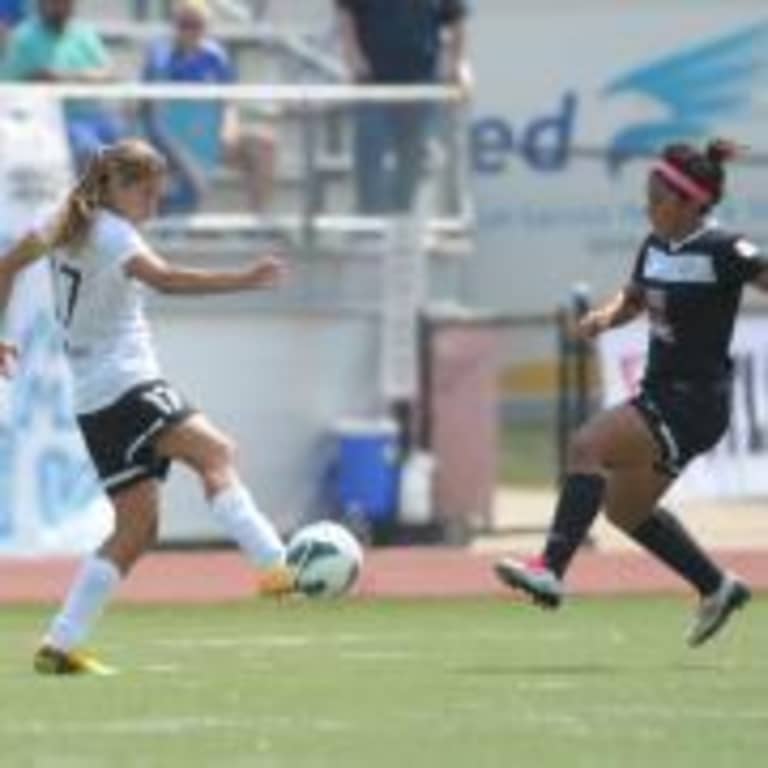
PLUSH: Some, yes. A Portland experience is fantastic and similar to a Timbers experience. But [it’s] a different crowd. I believe somewhere around 40 percent crossover from Timbers to Thorns, so it’s their own audience and they do a fantastic job, very committed. The Timbers Army is there, so a very committed supporter culture.
In other markets, it’s still largely youth and young girls and that aspirational model. So I think we’re going to evolve over time in what our NWSL fanbase will look like in 5, 10 years. I’d tell you that the supporter culture is tied a little bit more to our MLS markets, in Portland and Houston, but even when FC Kansas City played their opener at Sporting Park, a little stronger supporter-club mentality there in that game then there has been in some of their other matches. So it will evolve over time, but we’re very pleased with what we’ve seen so far.
RODRIGUEZ: Finally, is there anything you think MLS can learn from the NWSL, or the women’s side of the game more broadly?
PLUSH: I don’t think it’s learning so much. I think you can always take every opportunity to learn from everyone and experience different things and share ideas. I think the one thing we’re really proud of, and I think this is true for MLS as well: We’re really proud of the young women we have playing our sport. They’re very approachable, very articulate, well-educated. They ask a lot of questions, have a lot of opinions on what the future of our league should be, and I think certainly we saw a lot of that in the early days on MLS, when the league was still very much built out of the college draft. So we’re in that stage of our growth. But I think that’s a really positive stage to be in. As an aspirational model, young girls – I have two daughters, so I think about this quite a bit – having great, strong role models to be excited about, to lean on and learn from is a real positive.
I don’t think we’re in a position for people to be learning from, but I think any time we can do something that is doing it right, doing it in an innovative way, we’ll try to do that and certainly won’t be shy about learning from others.

